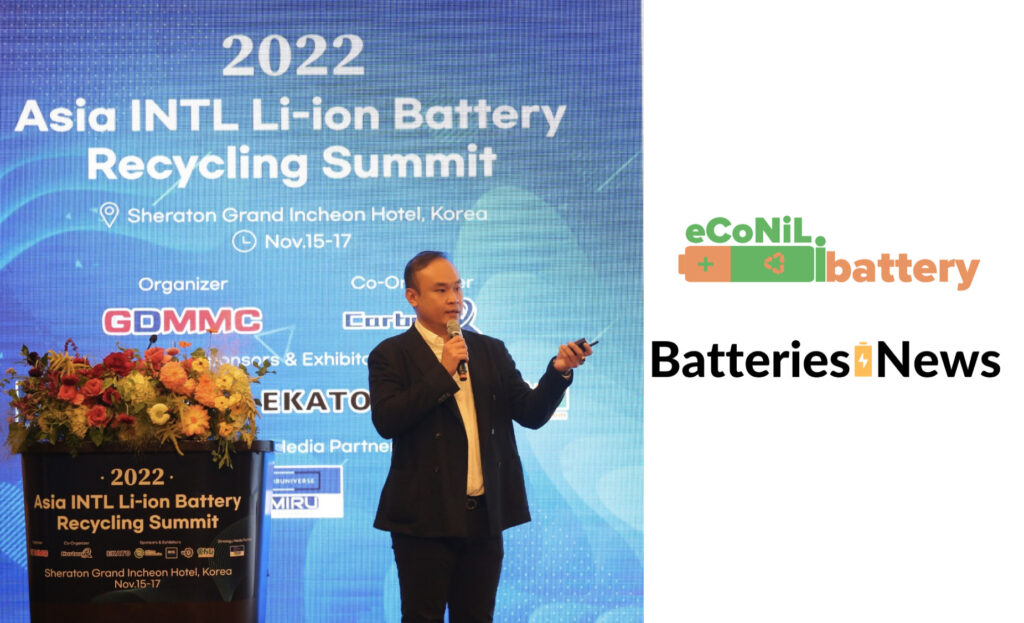The Chief Executive Officer of EcoNiLi Battery is optimistic about Malaysia’s lithium-ion battery industry growth.
The lithium ion battery market in Malaysia has grown significantly in recent years, owing primarily to increased demand for renewable energy sources and the growing popularity of electric vehicles (EVs).
Malaysia’s government has actively promoted sustainable energy and electric cars, offering incentives and subsidies to encourage their use. This has produced a favorable atmosphere for the growth of the country’s lithium ion battery sector.
Notwithstanding the favorable outlook, the Malaysia lithium ion battery business faces several challenges. One of the most significant concerns is the high cost of lithium ion batteries, which may restrict their commercial growth. Another difficulty is the industry’s lack of standardization, which can lead to compatibility challenges between different battery manufacturers and models.
Malaysia’s lithium ion battery market is predicted to expand significantly in the coming years, owing to rising demand for renewable energy and the growing popularity of electric vehicles. Despite the market’s hurdles, a favorable regulatory environment and the presence of key competitors are projected to help to the market’s continuing expansion.
The ASEAN Lithium-Ion Battery Recycling Industry Provides Commercial Opportunities for Malaysia
The Association of Southeast Asian Nations (ASEAN) lithium-ion battery recycling sector is providing Malaysia with a variety of business options as demand for the batteries grows.
Malaysia is well-positioned to capitalize on its central location in the region. Malaysia is an appealing site for firms wishing to enter the lithium-ion battery recycling sector because of its well-developed transportation infrastructure and access to a huge market.
The lithium-ion battery recycling sector in ASEAN, particularly in Malaysia, provides a variety of commercial prospects for organizations wishing to engage in the industry. With rising demand for lithium-ion batteries and a supportive government, the sector is ready to make substantial strides.
In the future years, developed countries will go through the growing pains of establishing their own LIB recycling enterprises. In Asia, on the other hand, there is a well-established recycling sector for consumer mobile batteries.
Asia’s governments are beginning to grasp the value of battery recycling and are taking efforts to encourage the business. The Japanese government, for example, has announced a proposal to invest 20 billion yen (approximately $180 million) over the next decade to encourage lithium-ion battery recycling. China has also implemented rules to encourage the recycling of EV batteries, as well as developed recycling sites around the country.
The success of the battery recycling industry is dependent on collaboration among various supply chain actors.
EconiLi Battery has been paving the way in this direction by stressing market collaboration. As the need for battery recycling grows, we can anticipate more businesses to take this method, which will benefit both the environment and the economy. Our newest hydrometallurgical lithium-ion battery recycling company in Spain which is expected to start full operation in the last quarter of the 2023, aimed to connect Europe and Asia lithium-ion battery supply chain.
Source: Batteries News


